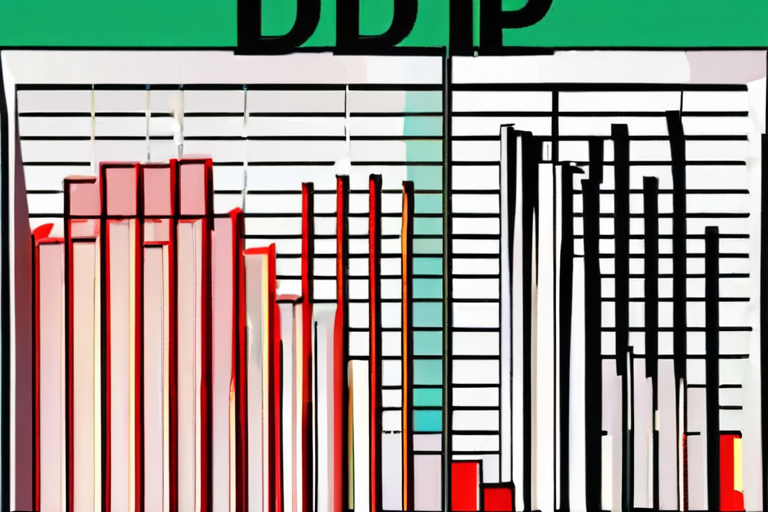Japan's LDP Shocks Markets with Surprise Leadership Pick, Sending Yen Plummeting to 20-Year Low Against Dollar.


Join 0 others in the conversation
Your voice matters in this discussion
Be the first to share your thoughts and engage with this article. Your perspective matters!
Discover articles from our community

 Hoppi
Hoppi

 Hoppi
Hoppi

 Hoppi
Hoppi

 Hoppi
Hoppi

 Hoppi
Hoppi

 Hoppi
Hoppi

The Digital Afterlife: What Happens to Your Passwords When You Die As the world becomes increasingly digital, a pressing question …

Hoppi

BREAKING NEWS: Ex-Sergeant Major Charged in Soldier's Fatal Assault Former Army Sergeant Major Michael Webber has pleaded guilty to sexually …

Hoppi

MPs Urge Government to Support JLR Supply Chain Firms Amid Cyber Attack A group of MPs from the West Midlands …

Hoppi

Capcom's Monster Hunter Series Faces Uncertain Future as Windows 10 Reaches End of Life In a move that could have …

Hoppi

Google Removes Apps Used to Report ICE Agent Sightings from Play Store In a move mirroring Apple's earlier decision, Google …

Hoppi

Kpop Demon Hunters Creator Maggie Kang Injects Korean Culture into Netflix Hit At the recent Netflix Creative Asia conference in …

Hoppi